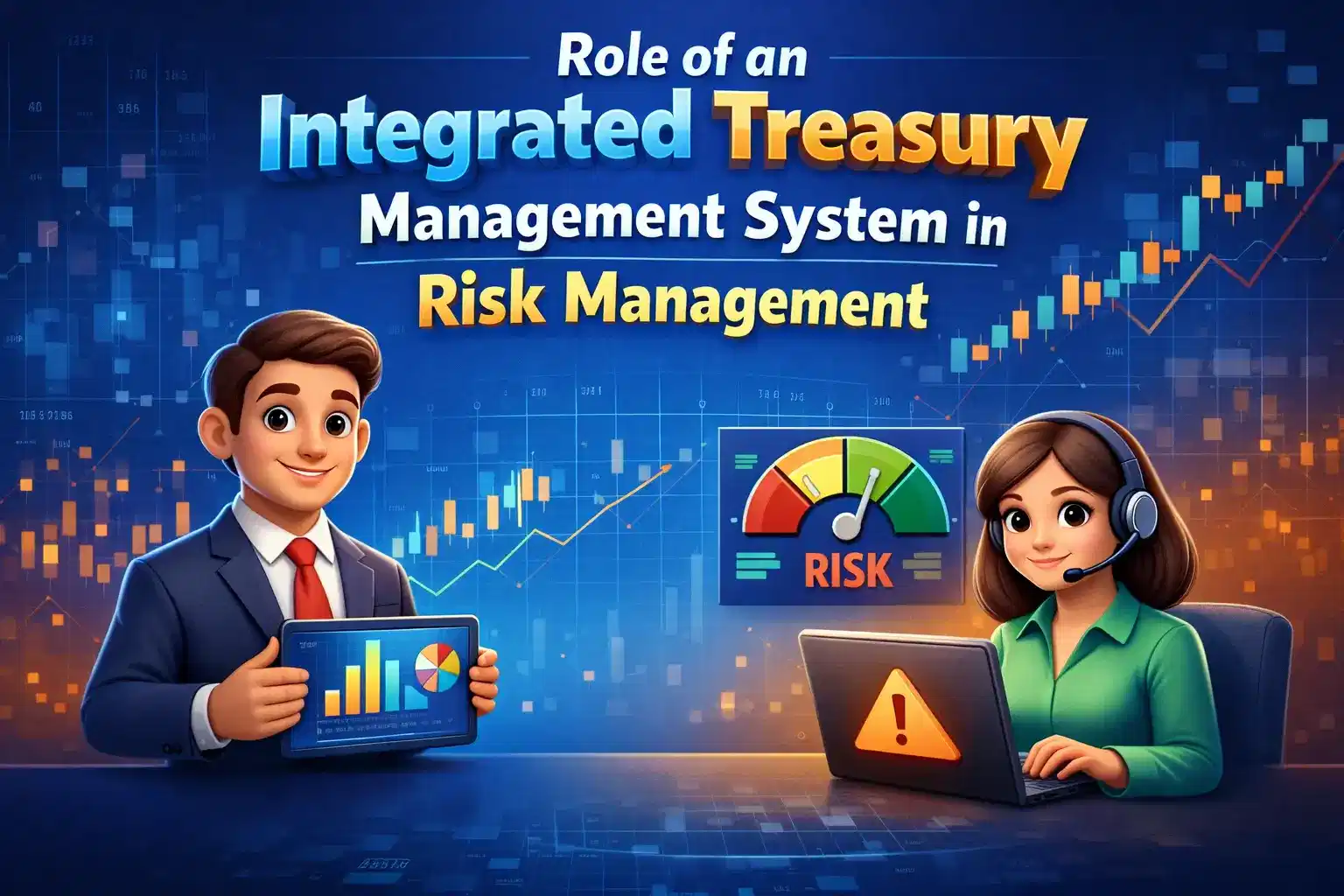Navigating the Cloud: Hybrid Solutions for Future-Ready Financial Institutions
As the financial world changes, a big question arises: Can old banking systems use hybrid cloud solutions for growth? This question questions the idea that old systems can keep up with today's digital needs. With 83% of financial services moving to hybrid clouds, it's key to understand these solutions.
Hybrid clouds mix public cloud benefits like cost savings with private cloud security. This mix helps financial institutions a lot. This article looks at how these new systems help banks change digitally. They help banks meet customer needs and work more efficiently.

Key Takeaways
- Hybrid cloud solutions offer a strategic advantage by combining the best of public and private cloud infrastructures.
- 83% of financial organizations are prioritizing hybrid cloud adoption for enhanced operational capabilities.
- The transition to a cloud-native composable architecture is complex but essential for sustainable growth.
- Collaboration with technology partners can help navigate the challenges associated with cloud transformations.
- Continuous feedback and real-time monitoring are key for better system performance and security.
The Rise of Hybrid Cloud Solutions in the Financial Sector
The world of financial services is changing fast. Many banks are now using hybrid cloud solutions. This mix of private and public clouds offers security and flexibility. It helps banks keep customer data safe while improving online services.
Customers today want easy digital access to their financial services. A big 71% of people want smooth online interactions with banks.
Understanding Hybrid Cloud: The Best of Both Worlds
Hybrid cloud solutions let banks manage their spending better. They can use public clouds like AWS, Google Cloud, and Microsoft Azure for cost savings. This way, banks can also make the most of their old systems before upgrading.
Current Industry Trends and Adoption Rates
Studies show that 60% of banks want to grow their cloud use. Hybrid clouds help cut costs by 20-30% and speed up new service launches. Big names like General Electric and Expedia have seen cost savings and better data protection.
With more banks facing cyber threats, the need for strong cloud security is clear. This shows the importance of hybrid cloud solutions in today's financial world.

Benefits of Hybrid Cloud for Financial Institutions
Hybrid cloud models bring many benefits to financial institutions. They help with cost savings and better security. These advantages make operations more resilient and support digital growth.
Cost Efficiency and Flexibility
Hybrid cloud solutions save banks a lot of money. They can cut infrastructure costs by 20 to 30 percent. This also means they can start new services in weeks, not months.
This flexibility helps banks meet customer needs for smooth digital services. It's a big win for both the bank and its customers.
Enhanced Security and Compliance
Financial institutions face more threats than most. So, they need better security. Hybrid clouds keep sensitive data safe in private clouds, meeting strict rules.
They also use advanced security like encryption and multi-factor authentication. This keeps banks safe from cyber threats and helps them stay compliant everywhere.
Scalability and Operational Resilience
Hybrid clouds help banks grow fast and adapt quickly. They can scale services up to four times faster than traditional systems. This is key for handling sudden increases in digital banking.
This flexibility makes banks more resilient and better prepared for industry changes. It's a big advantage in a fast-paced market.
Also Read: Getting AI right: How automation can help manage your business finances

Understanding the Challenges of Traditional Banking Systems
Traditional banking faces many hurdles in today's fast world. Old systems slow them down and make it hard to keep up. Customers want easy online banking, pushing banks to update fast.
But, banks must also follow strict rules. This makes changing old systems even harder. Cloud migration strategies help, but it's not easy.
Legacy Infrastructure Limitations
Many banks use old systems that hold them back. A big problem is that 76% of bank leaders think these systems can't meet today's needs. This makes things slow and hard to change.
Using a hybrid cloud can help. It makes things faster and more flexible. This improves how banks work and perform.
Increasing Customer Expectations
Customers want more from their banks now. They want banking that's easy and available anytime. Banks must update to meet these needs.
But, they also have to follow new rules. Using the right technology is key to staying ahead. It helps banks offer what customers want.
Regulatory Compliance Burdens
Banks deal with a lot of rules, with over 220 changes every day. These rules cost a lot and take up a lot of time. If banks don't follow them, they face big fines and damage to their reputation.
Hybrid cloud solutions can help. They make following rules easier by automating things. This reduces the risk of breaking rules.
Enhancing Operational Efficiency with Automation Tools
Automation tools are key in making the financial sector more efficient. They use automated reconciliation software and advanced tech. This boosts productivity, accuracy, and performance.
Companies that use these tools save a lot of time. This lets teams focus on important tasks, not just routine ones.
Automating Financial Reporting Processes
Automating financial reports makes them more accurate and faster. Using automation, companies can cut reporting time by up to 50%. This means staff can spend more time on analysis and planning.
Tools like Power BI and UiPath help with data management. They ensure reports are precise and reliable.
Streamlining Reconciliation Operations
Improving reconciliation operations is critical for financial health. Automated tools can cut reconciliation time by 75%. This boosts efficiency a lot.
Financial institutions using hybrid cloud platforms see big benefits. These tools reduce errors and improve data quality. Automation is key for meeting customer demands for quick services.
Also Read: From Zero to Hero: Boosting Business Performance with Financial Automation
The Role of Integrated Treasury Management Systems
The financial world is changing fast. This makes integrated treasury management system key for banks and other financial groups. They help manage cash, investments, and risks well. This keeps them strong in a tough market.
Using treasury software with hybrid cloud tech makes managing money better. It helps them work faster and smarter with their finances.
Real-Time Visibility and Cash Management
Having treasury software in the cloud gives access to real-time data. This is vital for managing cash well. It helps make quick borrowing choices and better debt handling.
The market for this software was worth $3.9 billion in 2021. It's expected to grow to over $5.3 billion by 2027.
Risk Mitigation through Advanced Solutions
Advanced treasury solutions are key for avoiding risks. They automate tasks like starting payments. This makes things more accurate and saves time.
They also have strong security features. These include checking IP addresses, using multi-factor authentication, and screening payments. This keeps fraud away. Good cash management means fewer losses from bad cash flow choices. This makes them more resilient.
Leveraging Fintech Innovation in Hybrid Cloud Strategies
The financial world is changing fast. More and more, financial institutions are seeing the value of adding fintech innovation to their hybrid cloud plans. Working with fintech startups can make operations smoother and improve how they connect with customers. These partnerships help keep up with the latest financial tech, which is key in today's fast-paced market.
Collaboration with Fintech Startups
Teaming up with fintech startups is a big win for financial companies. It lets them tap into new solutions that boost cloud services. For example, using the latest cloud-based core banking systems can cut the time it takes to launch new digital banking products by up to 50%, as McKinsey and Company found.
These partnerships also lead to better data protection and more reliable operations. Both are vital in the ever-changing world of finance.
Emerging Technologies Enhancing Financial Services
The mix of fintech and hybrid cloud brings new tech that changes financial services. Cloud banking has sped up progress in online and mobile payments, big data, and new finance options. A Statista report shows how important these advances are for the industry's growth.
Also, the open banking market is expected to grow to $128.12 Billion by 2030. This shows how fintech in hybrid clouds can make a big difference. With AI tools like chatbots, banks can save a lot of time and improve how they talk to customers.
Also Read: Enhancing Fraud Detection and Prevention Through Automated Financial Systems
Implementing Cloud Migration Strategies for Financial Institutions
Cloud migration strategies are key to making financial institutions modern and efficient. It's important to understand current systems well and plan carefully for a move to hybrid cloud solutions. Financial institutions need to take careful steps to ensure a smooth transition.
Steps for a Successful Cloud Migration
A structured approach is essential for a successful cloud migration. Here are some steps to follow:
- First, assess your current technology estate. It's important to know about application dependencies and performance metrics.
- Then, choose cloud partners that fit your business goals and can meet your specific needs.
- Next, create a master migration schedule. This helps teams work together and reduces disruptions.
- Use a phased migration method. This allows for testing and validation at each stage.
- Lastly, prioritize data security and compliance. Make sure to use strong measures like encryption.
Best Practices for Balancing Legacy Systems with Cloud Solutions
Integrating legacy systems with new cloud technologies is a big challenge. Here are some best practices to help:
- Start by evaluating technical debt in legacy systems. Then, plan strategies to address these issues before migration.
- Next, map out application dependencies carefully. Identifying nearly 100,000 dependencies can help avoid risks.
- Keep bundle integrity during migration. This ensures functionality and user experience are not disrupted.
- Focus on data quality during the transition. Accurate and reliable data supports informed decision-making.
- Adopt a continuous improvement mindset. This prepares the institution to adapt to changing needs.
Preparing for the Future of Financial Services Technology
Financial institutions must keep up with changing markets. They need to use new financial technology to stay competitive. Moving to a hybrid accounting solution helps them use the best of cloud and on-premise tech.
By 2025, 60% of financial services firms will use hybrid cloud solutions. This big change shows how tech needs are shifting.
The Importance of Adapting to Market Changes
Being quick to adapt is key in the fast financial world. Hybrid cloud models can cut IT costs by up to 30%. They help firms quickly meet new rules and work more efficiently.
Automation brings big wins, like cutting financial report time by 50%. These changes help firms meet market needs.
Building a Future-Ready Financial Ecosystem
Building a future-ready financial system means using advanced tech well. Automated solutions cut reconciliation time by up to 75% and errors by 90%. This makes financial work better.
Using integrated systems improves cash management and risk control. Cloud computing helps collect and analyze data for growth and safety.
Conclusion
Navigating the cloud is both a challenge and a big opportunity for financial institutions. They need to use hybrid cloud solutions to stay ahead. The global finance cloud market is expected to grow a lot, and these solutions are key to success.
Advanced technologies help process data in real-time, making reports and decisions better. This leads to cost savings and more flexibility in managing operations. By using cloud computing, financial institutions can also improve security and scale up easily.
The future of financial services technology depends on mastering hybrid cloud strategies. Financial institutions that focus on this will do well. They will be ready for tomorrow's challenges and stay competitive in a tough market.
Also Read: The Benefits of Cloud-Based Accounting Systems for Small Businesses
FAQs
Q: What is a hybrid cloud solution in the financial sector?
A hybrid cloud solution mixes public cloud's scalability with private cloud's security. It lets banks handle sensitive data safely. At the same time, it uses advanced tech for customer apps.
Q: Why are financial institutions adopting hybrid cloud solutions?
Financial firms are moving to hybrid clouds for digital growth and better service. They want to meet customer needs for smooth online services. By 2025, 60% of them plan to use these solutions.
Q: What are the benefits of using hybrid cloud solutions?
Hybrid clouds save costs and offer flexibility. They keep data safe and grow with your business. This means you can innovate fast without losing security.
Q: How does hybrid cloud technology address the challenges of legacy banking systems?
Hybrid clouds update old banking systems. This is key as 76% of banks say their systems can't keep up. It boosts agility and response.
Q: How can automation improve efficiency in financial reporting?
Automation cuts reporting time by 50%. It frees staff to focus on strategy, not manual tasks.
Q: What role do integrated treasury management systems play in hybrid cloud environments?
Integrated systems manage cash, investments, and risks. In hybrid clouds, they offer real-time views. This is vital for managing cash and reducing risks.
Q: How can financial institutions benefit from collaborating with fintech startups?
Working with fintech startups brings new tech to cloud strategies. This partnership creates advanced solutions. It boosts customer service and efficiency.
Q: What are the best practices for successful cloud migration?
For smooth cloud migration, assess systems and choose the right partners. Plan well and integrate legacy systems with cloud solutions. This avoids disruptions.
Q: Why is it important for financial institutions to adapt to market changes?
Adapting to market changes keeps banks competitive. Hybrid clouds build a future-proof system. They protect against disruptions and meet new demands.
Contact us now










